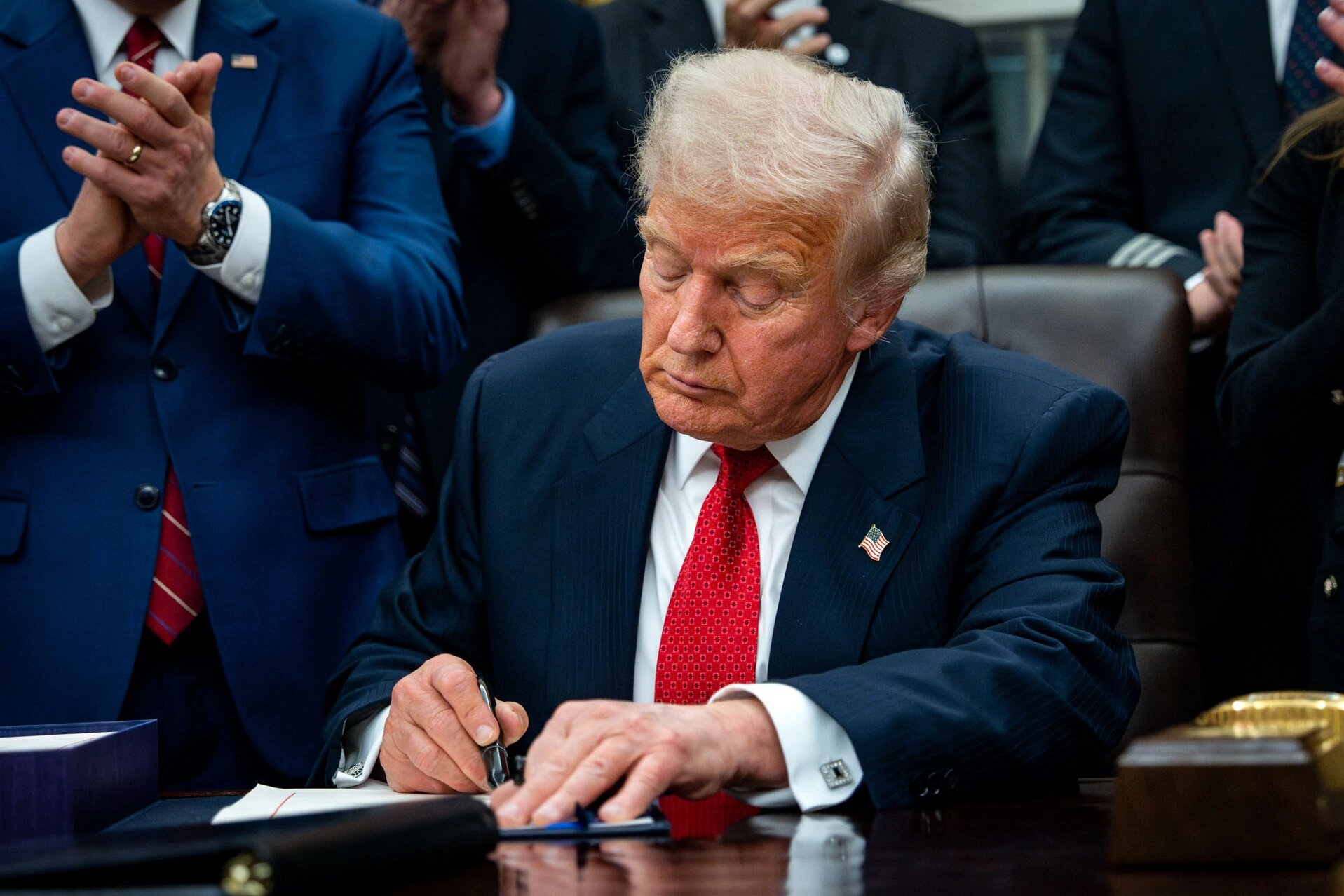The U.S. announced new trade agreements with Argentina, Guatemala, El Salvador and Ecuador.

The White House on Thursday announced new trade agreements with four South and Central American countries, which could lead to lower duties on some coffee and banana imports, as well as beef from Argentina.
“These are exactly the kind of deals the president is trying to strike to help balance out our trade deficits,” said a senior administration official, granted anonymity to share details of the deal.
The official said the deal with Argentina is expected to exempt beef from the 10 percent tariff on its imports. But the trade agreement does not appear to change the U.S. quota expanding the amount of beef Argentina can export to the U.S., a proposal President Donald Trump floated earlier this fall that drew fierce backlash from Republicans in Congress and the U.S. cattle industry.
“In the near term, I think we’re just going to let the market figure out how much beef it needs,” the official said.
Thursday’s announcement comes as the administration continues its efforts to bail out Argentinian President Javier Milei, a staunch Trump ally, including through a $20 billion currency swap deal with Argentina’s central bank.
The deal has drawn blowback from both Democrats and Republicans in Congress, who have questioned spending that amount when domestic industries, particularly American farmers, are hurting.
The White House also unveiled new agreements with Guatemala, El Salvador and Ecuador, focusing primarily on non-tariff trade barriers. These include a commitment from all four countries to refrain from imposing digital services taxes, address intellectual property disputes and raise food, health and safety standards.
The agreements, however, do not alter the existing tariff rates on most imports. Goods from Argentina, Guatemala and El Salvador will continue to be subject to a 10 percent tariff, while products from Ecuador will face a 15 percent duty.
The official said that “full agreements on reciprocal trade” for most of those countries would be ready within two weeks. Rather than an immediate tariff reduction, countries will soon receive “some tariff relief on certain products or goods,” the official added, singling out bananas and coffee from Ecuador. The U.S. will also exempt certain textile and apparel products from Guatemala and El Salvador, according to White House fact sheets posted Thursday.
Trump’s top economic advisers said this week that they plan to roll out tariff reductions for coffee and other agricultural products that can’t be grown in the United States, part of a broader effort to lower consumer prices.
“A lot of these prices of coffee and cocoa and some of these other things have been turning up for a long time,” the official said, attributing the increases to poor crop yields due to weather, as opposed to Trump’s steep tariff increases on major producers like Brazil and Vietnam.
The administration official said that as part of the deals reached this week, the four Latin American countries will not impose so-called digital services taxes, which aim to regulate competition in the tech sector along the lines of the European Union’s Digital Markets Act. The official added that some of the agreements include provisions related to critical minerals, part of a U.S. effort to shift its supply chain for those metals away from China.
The Trump administration launched a series of trade negotiations this summer with countries bidding to lower his “reciprocal” tariffs. Those talks were originally focused on major trading partners like the European Union, Japan and South Korea, which all reached preliminary deals in July to lower the threatened duties. Now the administration is shifting its attention to smaller economies in Asia, South America and elsewhere.
The official also confirmed on Thursday’s call that U.S. Trade Representative Jamieson Greer met earlier Thursday with Swiss officials, as the two countries close in on a trade pact that is expected to include tariff reductions.
